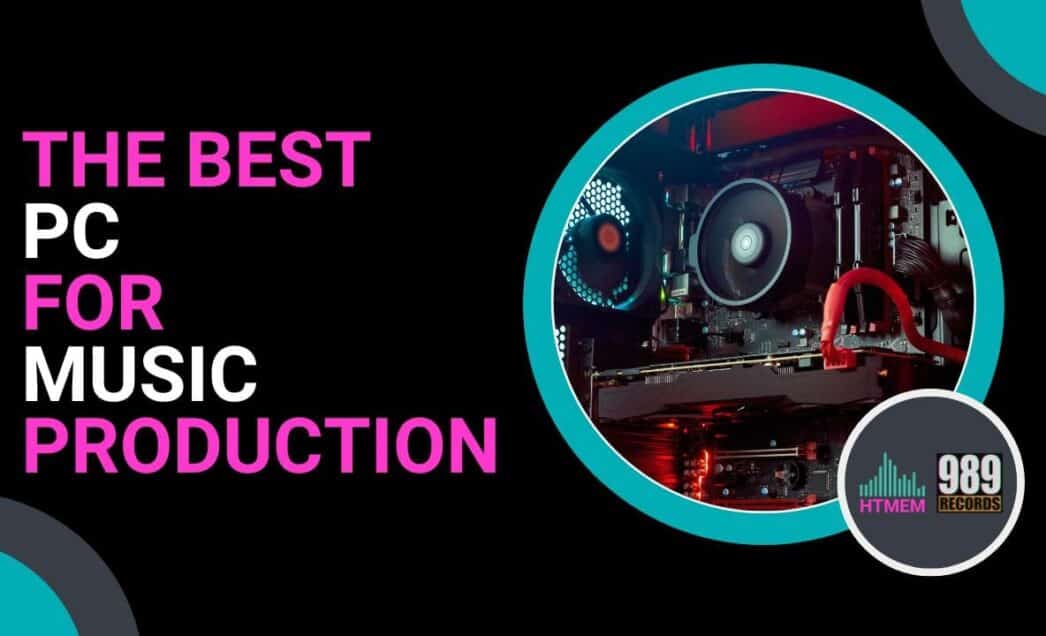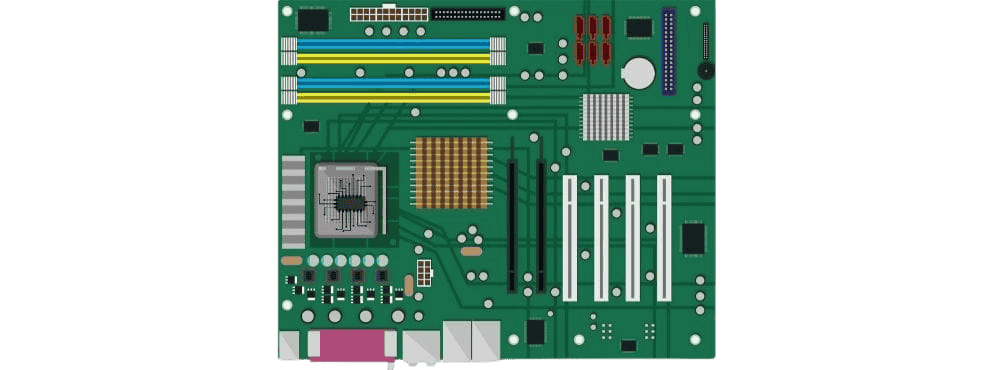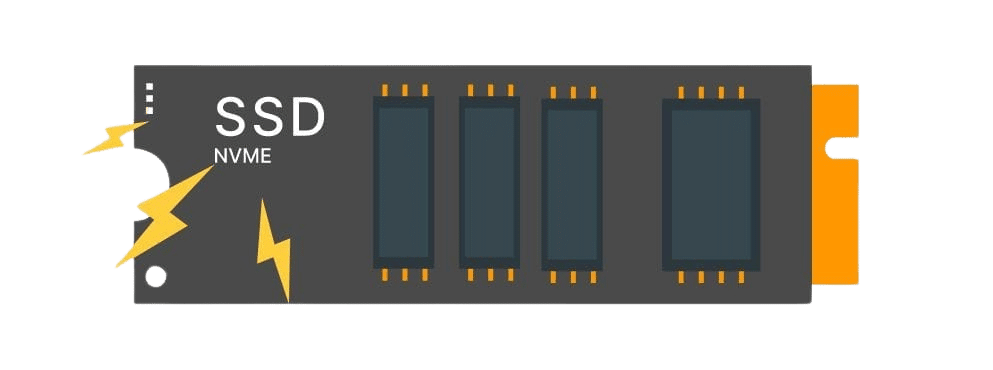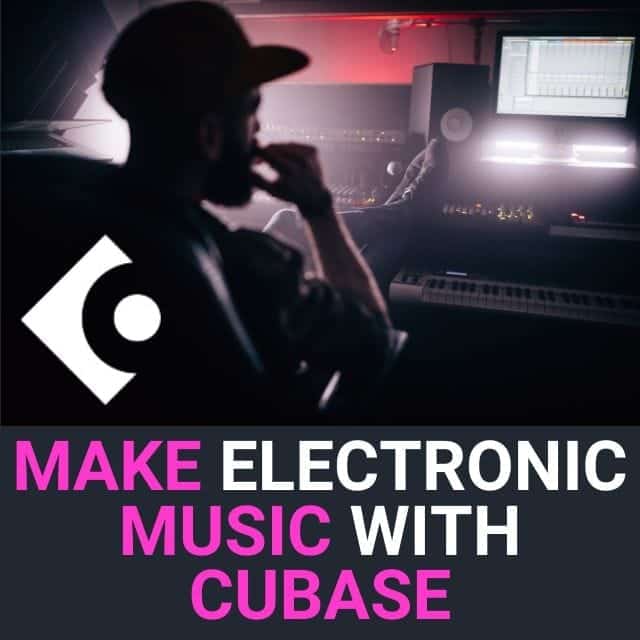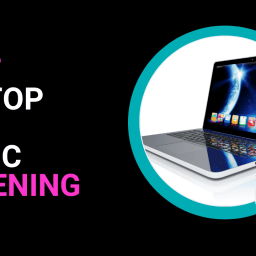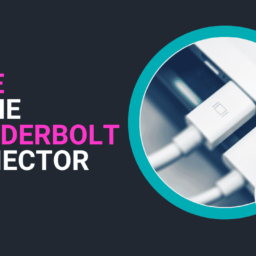Navigating Music Production PC Requirements
As a music producer, your music production computer is the backbone of your creative process and is the central hub for all your recording, editing, and mixing needs. Selecting the ideal PC for music production presents a challenge, given the various choices and technical details to evaluate. In this guide, we’ll break down everything you need to know to find the best PC for music production.
Understanding Your Needs
Before diving into specific models and features, it’s important to assess your individual needs as a music producer. Ask yourself questions like:
- What DAW (Digital Audio Workstation) do I use?
- Do I record live instruments or solely rely on MIDI controllers?
- How many tracks do I typically work with?
- Am I producing music for professional use or as a hobby?
By knowing your specific needs and workflow, you can better narrow down your options and find the perfect desktop computer for your music production needs. Additionally, choosing the right music software is crucial to ensure it aligns with your production style and requirements.
Motherboard
The motherboard and processor are the backbone of any computer, and it’s no different for music production. When selecting a PC, make sure to pay attention to these two components as they will heavily impact your overall performance.
For the motherboard (AKA MOBO), look for one with plenty of RAM slots (at least 4) and multiple PCIe slots for expansion. This will allow you to have enough memory and room for future upgrades if needed.
Additionally, take note of the chipset installed on the motherboard. Based on my personal experience, ASUS motherboards equipped with Intel chipsets stand out as the most compatible and stable option available.
CPU – Processing Power Heart
One of the most crucial factors in choosing a desktop computer for music production is processing power. This determines how fast and efficiently your computer can handle tasks such as recording, editing, and mixing multiple tracks simultaneously.
For most music producers, an Intel Core i5 or i7 processor with at least 8GB of RAM would be sufficient. However, if you’re working with large orchestral arrangements or using resource-heavy plugins, it may be worth investing in a more powerful processor like an Intel Core i9 and at least 8GB of RAM.
Optimal Processor Speed
Aim for a processor that doesn’t compromise your creative flow. An Intel i5 or AMD Ryzen 5 processor is a solid starting point for music production, ensuring tasks run smoothly. Avoid sluggish performance with a minimum speed of 2.4 GHz and 4 cores, vital for multitasking and managing several tasks at once.
Storage Space
Music production requires a lot of storage space, as each track and sound file can take up a significant amount of space. When choosing a PC, it’s important to consider not only the amount of storage but also the type.
Solid-state drives (SSDs) are generally faster than traditional hard disk drives (HDDs), making them ideal for storing and accessing large audio files quickly. However, they tend to be more expensive and offer less storage capacity compared to HDDs. Many music producers opt for a combination of both, with an SSD for running software and storing frequently used samples and an HDD for larger projects.
Ports
When working on music production, you’ll likely need to connect various devices such as MIDI controllers, audio interfaces, and external hard drives. Make sure to choose a PC with enough USB ports and other necessary ports to accommodate all your equipment. It may also be beneficial to have Thunderbolt or Firewire ports for faster data transfer.
Thunderbolt ports are known for their speed and versatility, making them a popular choice among music producers. They allow for lightning-fast data transfer and can also be used to daisy-chain multiple devices together. Firewire ports, while not as fast as Thunderbolt, are still a reliable option for connecting audio interfaces and external hard drives.
RAM
Random Access Memory (RAM) is another crucial factor to consider when choosing a PC for music production. RAM directly affects the performance of your software and how many tracks you can have open at one time. For music production purposes, we recommend a minimum of 16GB of RAM. Having enough RAM is essential to smoothly run multiple plugins and virtual instruments.
Another important factor to consider when choosing a PC for music production is the Random access memory (RAM). The more RAM you have, the more smoothly your computer will run and the better it can handle large projects.
Graphics
While graphics may not seem important for music production, having a dedicated graphics card can improve overall system performance. This is especially true if you plan on using graphics-heavy plugins or visuals while producing music.
A powerful graphics card is also crucial for video editing, ensuring that your system can handle both high-definition video editing and music production tasks efficiently.
When it comes to graphics, I recommend a dedicated graphics card with at least 4GB of VRAM. This will ensure that your computer can handle any visual elements without slowing down or affecting your production process.
Cooling Systems and Connectivity
Desktop PCs shine with superior cooling mechanisms, such as fans and water cooling, essential for prolonged sessions.
A cooling system prevents overheating and damage to internal components, but it also ensures that your computer runs smoothly without any hiccups.
Water cooling systems, renowned for their superior efficiency, necessitate regular maintenance to achieve optimal performance. Conversely, fan-based cooling systems demand less upkeep at the expense of slightly reduced cooling efficiency. If opting for a fan cooling solution, selecting a low-noise fan is crucial, as these systems can be quite noisy.
Operating System and Software Compatibility
A 64-bit operating system (AKA OS) is preferred for its ability to utilize over 8GB of RAM, enhancing overall performance. Ensure your chosen OS is compatible with your music production software to avoid compatibility issues.
Pairing a dedicated computer with suitable DAW software and a good audio interface is crucial for a seamless music production experience.
Audio Editing and Software Requirements
If audio editing is part of your creative process, prioritize a powerful processor, ample storage, and a dedicated graphics card. Choosing the right audio PC for your specific audio editing and production needs is essential to ensure a smooth and efficient workflow. Compatibility with your preferred audio production software, like Cubase, Ableton Live, or Logic Pro, is crucial to verify that your PC meets the software’s system requirements.
Budgeting and Ergonomics
Define your budget early, focusing on components critical to your music production needs while allowing for future upgrades. Consider the ergonomics of your workspace, including noise levels and the comfort of your keyboard and mouse, to enhance productivity.
Best Music Production Computer
Let’s get down to the nitty-gritty of this post… So, which one’s the best? The one that suits your needs perfectly. Here are a few suggestions for you.
The Apple Mac Mini is a powerful, compact, and cost-effective desktop machine for music production.
- Apple Mac Mini M2: Fast in a small package.
- Geekom Mini PC GT13: Decent specs for the price.
- Dell XPS 8940: A powerful and upgradable desktop computer and desktop PC.
- Apple iMac M1: All-in-one with M1 chip.
- Apple Mac Pro and Mac Studio: For top performance and video processing.
The Microsoft Surface Studio 2 is one of the best PCs for music production, though its power and performance come at a cost.
Considerations and tips for building a purpose-built music computer for music production include purchasing from a known builder specialized in DAWs, hardware components, noise considerations, the latest technology, interfacing peripherals, necessary tweaks, and cost-effectiveness compared to professional DAW builders.
Desktop vs. Laptop: Tailoring Your Choice for Audio Production
Desktops are synonymous with higher power and easy upgradability, perfect for music production. Laptops offer portability but may lag in performance compared to desktop counterparts. But with ever-growing technology, laptops are catching up and can be a suitable choice for music production on the go. For desktop setups, having a wide-screen computer monitor is crucial to accommodate the full DAW software and plugins.
Conclusions
Choosing the right music production PC is all about needs vs budget. Processor speed, RAM, storage, and OS compatibility for your music production needs. Invest in a system that meets your current needs and can be upgraded and expanded in the future. Now Make your choice!
Suggested Readings
The Best DAW for Windows: Top Music Production Software
Practice and Enjoy!

